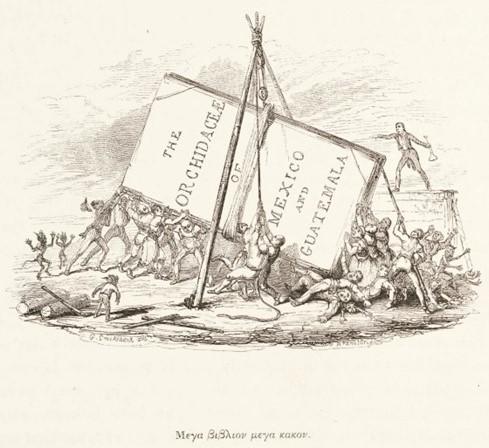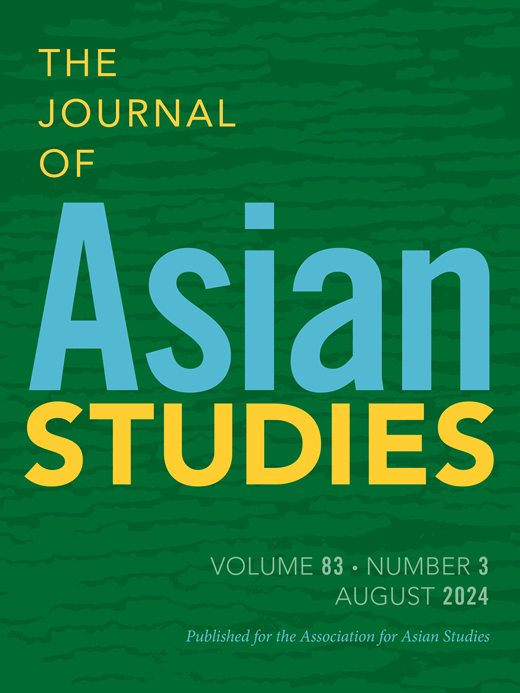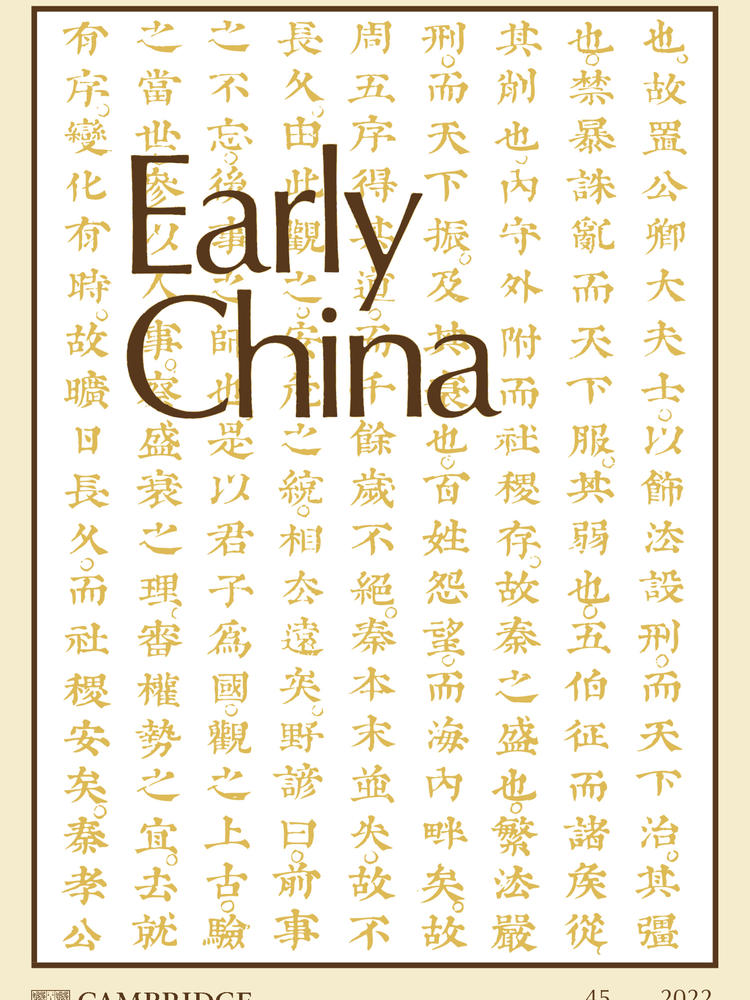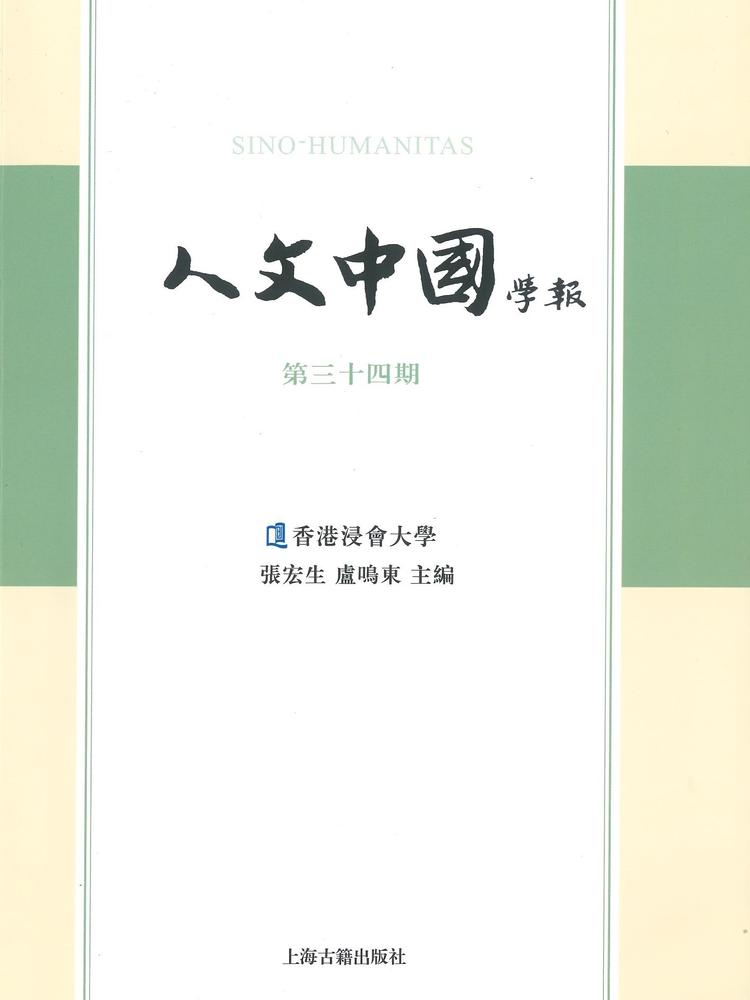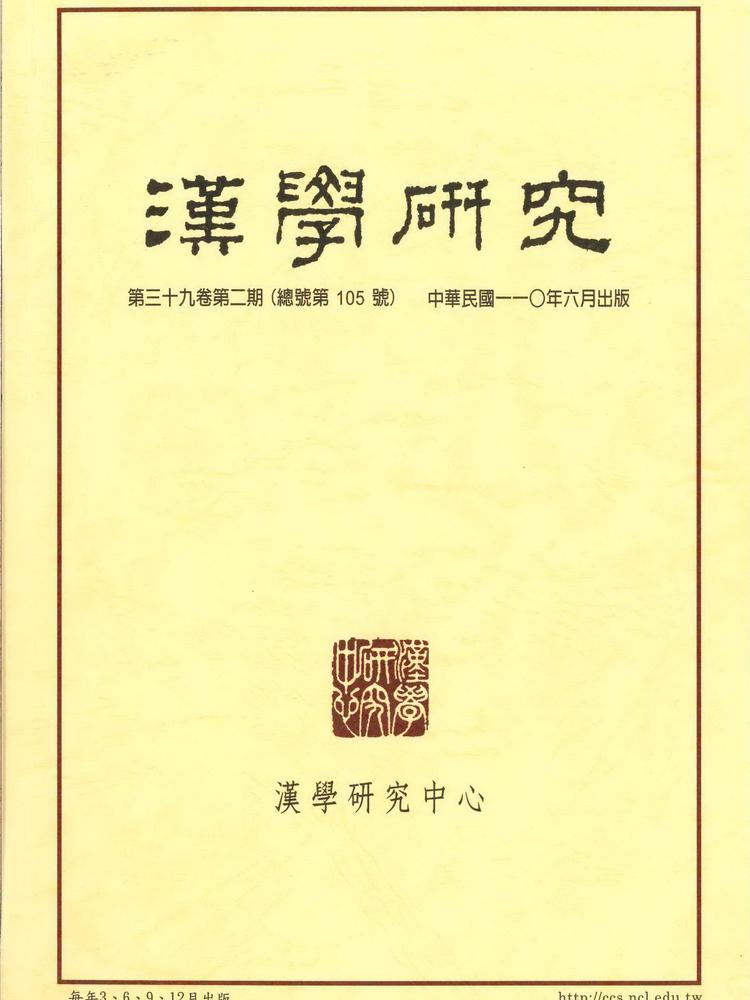As a philologically informed historian, my research explores the complex interaction between textual culture, classical scholarship, historiography, poetry, philosophy, and political culture in ancient China.
My current book project, The Big Book Theory: The Unlikely Rise of Long Books and Its Consequences in Ancient China, tells for the first time the story of how, from 239 to 26 BCE, the belated invention of the big book as a textual form in ancient China sparked a big bang, transforming Chinese empires, political culture, historiography, philosophy, poetry, and classical studies. This project has been recognized with the Charlotte Elizabeth Procter Honorific Fellowship from Princeton University, the 2024 Young Scholar Award from China Times Cultural Foundation, and a Junior Research Fellowship from Trinity College, Cambridge.
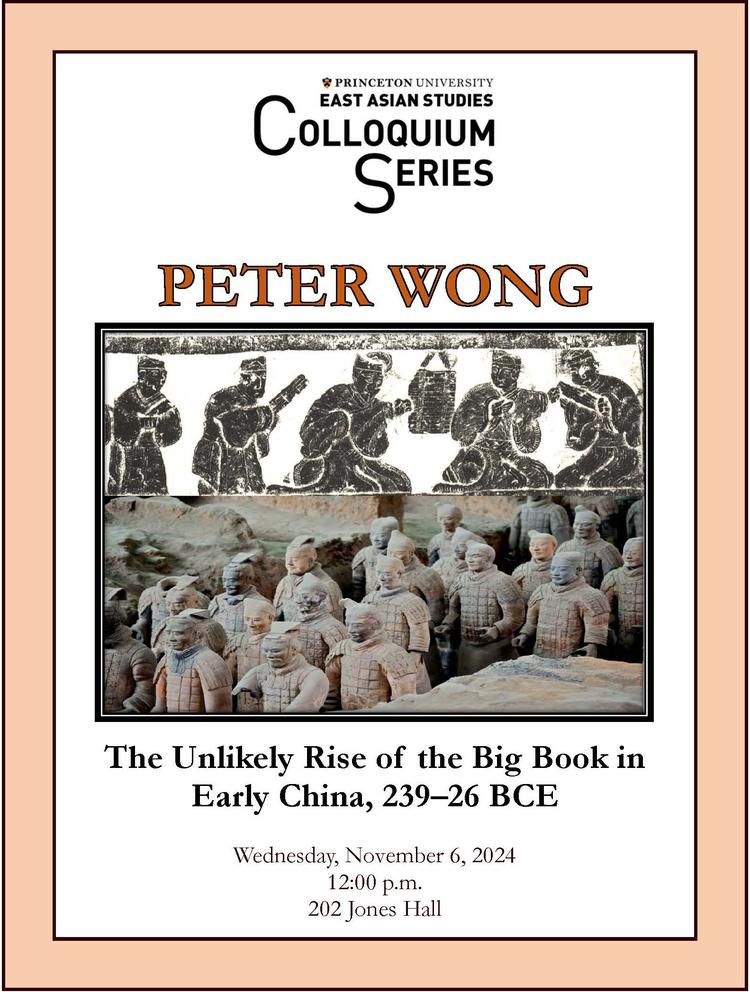
My second project, Beyond Confucius: How the Usurper Wang Mang Reinvented the Classical Tradition and Political Culture of China, explores the outsized yet often overlooked legacies of the most notorious, bookish, and successful usurper in premodern China, whose impact spanned two millennia. I presented some preliminary findings at the annual meeting of the Society for the Study of Early China in June 2022 and in an article titled "Inventing the Spring and Autumn Period: How Numerology Shaped History and Historiography in Ancient China," published in Journal of Asian Studies.
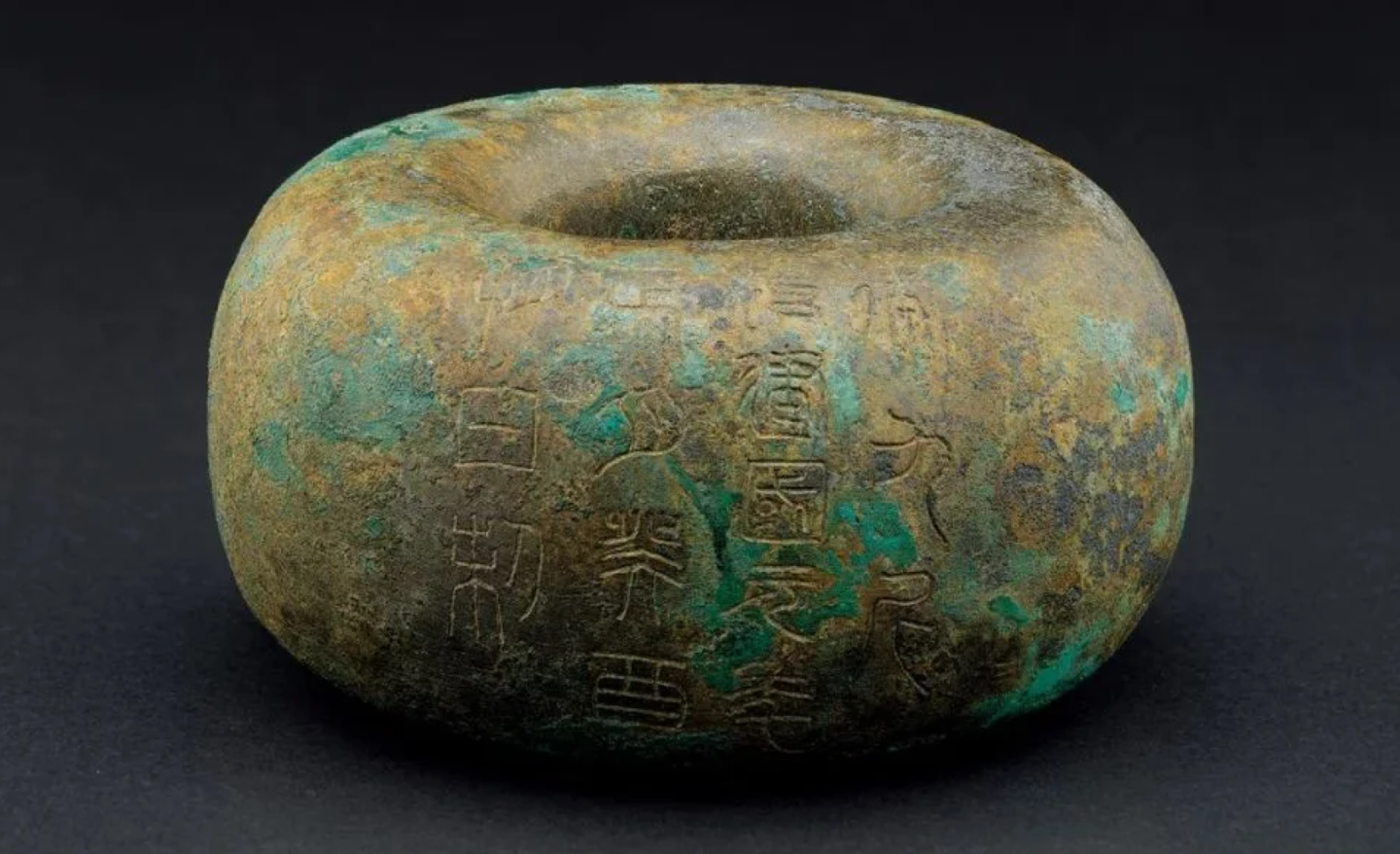
More broadly, I am interested in the history of philology and of science, the history of reading and of books, and premodern Chinese narrative literature. Other works-in-progress investigate the history, philosophy, and aesthetics of text segmentation in ancient and early medieval China; the establishment of the Classic of Poetry and Zuozhuan as stable and complete books in the second century BCE; the changing interpretations of hou si zhe in Analects 9.5; and the history of scholarly refereeing in early modern and modern China.
My writings have appeared or are forthcoming in Journal of Asian Studies, Early China, Journal of the American Oriental Society, The Oxford Handbook of Daoism, Dao Companion to the Philosophy of the Lüshi Chunqiu, Chinese Studies 漢學研究 (Center for Chinese Studies, Taiwan), and Sino-Humanitas 人文中國學報 (Hong Kong and Shanghai). Recent publications include “The Soundscape of the Huainanzi 淮南子: Poetry, Performance, Philosophy, and Praxis in Early China” (2022), “What is the Nature of ‘the Unperturbed Mind-heart 不動心’ in Mencius 2A:2?” (2021), and "On the Compositional Structure of the Huainanzi" (2019).
Curriculum Vitae
